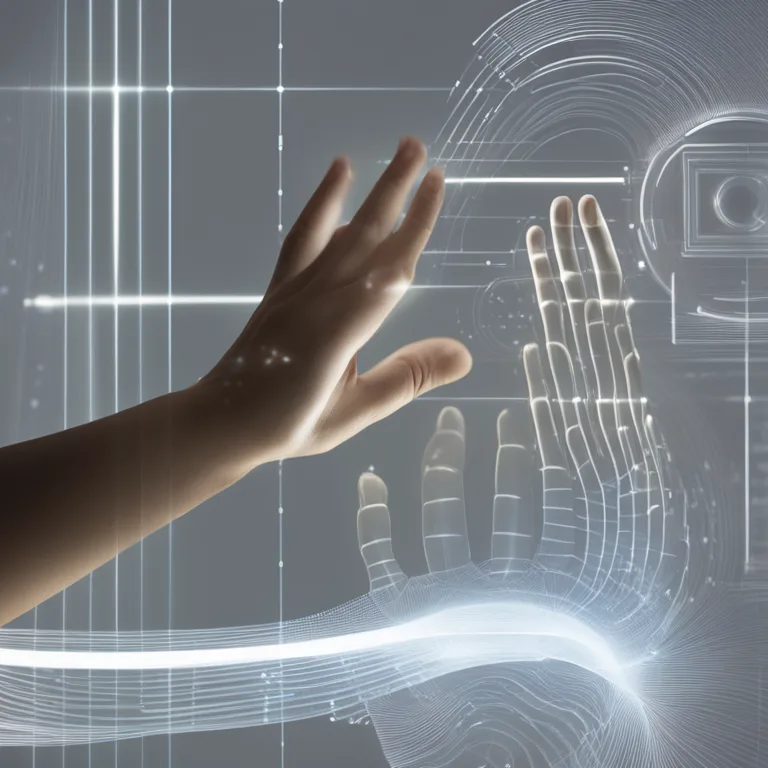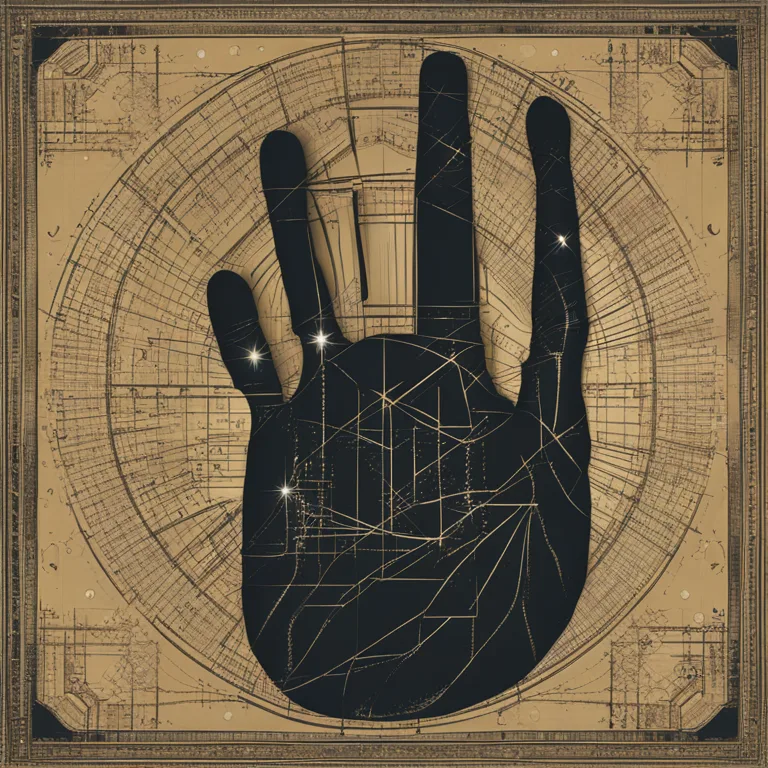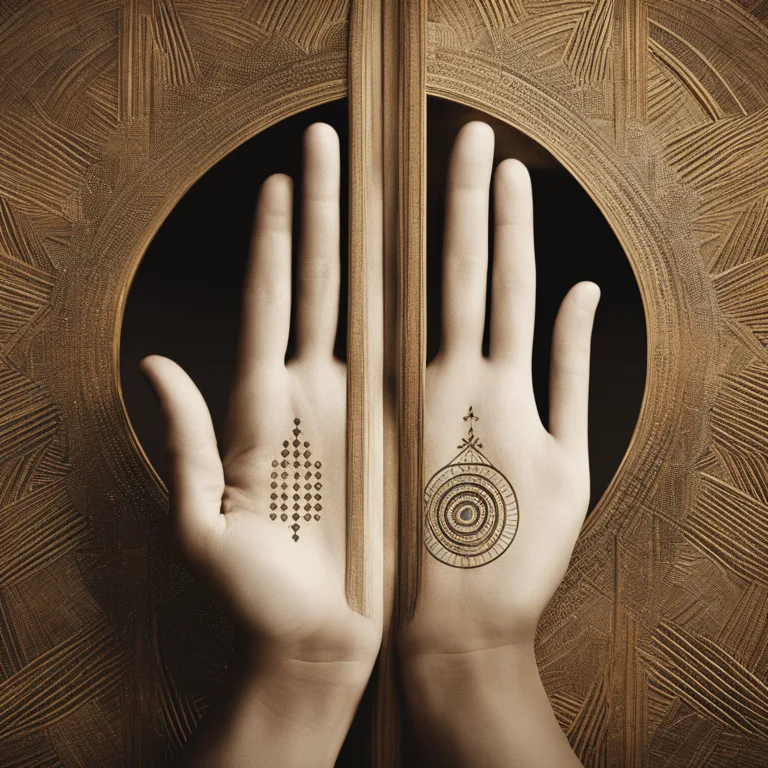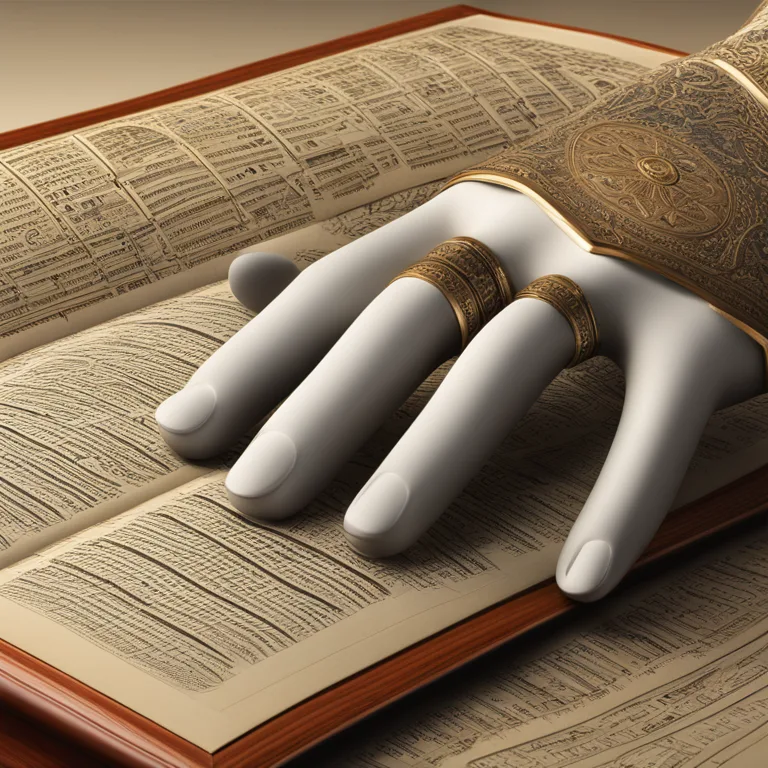
The Art of Palmistry: Wisdom Between the Lines
Delve into the world of palmistry through insightful quotes that reveal the mystery and wisdom held within our palms.
article by Nora Pennington
The Essence of Palm Reading
For centuries, humans have turned to the lines on their palms to fathom life's secrets. Palmistry, or chiromancy, is more than mere superstition; it's a reflection of our character, choices, and potential destiny. "The hand is the visible part of the brain," as Immanuel Kant once suggested, indicating a profound link between our inner workings and our outer expressions. Each line, mound, and marking on the palm has been thought to unlock chapters of our lives — from the heart line speaking of love to the life line narrating vitality. Palmistry is not about predicting the future with certainty but rather about understanding tendencies and possibilities.

Philosophical Insights on Palmistry
Sages through the ages have contemplated the significance of our hands, perceiving them as maps to our soul's journey. "Hands are the servants of human thought," mused sculptor Auguste Rodin, touching on the idea that our innermost intentions manifest through our actions and, by extension, leave their imprint on our palms. As we navigate life's labyrinth, palmists believe that the evolving lines are a testament to the fact that while destiny lays out paths, our will determines which one we take. Thus, palms serve as a record of both fate and free will intertwined.

A Contemporary View on Ancient Practice
In today's digital age, palmistry has seen a revival—a blend of tradition with modern psychology and self-awareness practices. Advanced imaging and biometric technologies have reinforced what palmists have long argued: that each hand is unique and can reveal personal insights. "Your hands hold the story of your life in its lines," says contemporary palmist Rebecca Lyn. With every decision and experience, we may be etching a new wrinkle into our palms' canvas, a sentiment echoed by neuroscientists who acknowledge our brain's plasticity and adaptability.

Quotable Reflections on Life’s Patterns
Throughout history, philosophers have been quoted as they seek to unravel life's mysteries through patterns, and palmistry follows this curiosity. "The future lies in patterns we can't yet recognize," mused famed futurist Alvin Toffler. Palmists echo this sentiment as they scrutinize the web of lines on our palms; each a pattern signifying aspects of life — be it love, health, success, or intuition. They assert that by interpreting these ever-changing designs, one can gain valuable insights and make informed decisions.

Skeptics and Believers in Palmistry
As with any metaphysical pursuit, palmistry hosts both critics and advocates. The skeptics cite the lack of empirical evidence and lean on the words of Carl Sagan who cautioned that "extraordinary claims require extraordinary evidence." On the other hand, enthusiasts celebrate the subjective experiences, with psychologist Carl Jung recognizing the value in exploring symbols for personal growth. Modern palmists seek a balance, emphasizing that palmistry is an art form as much as a possible guide, and not a definitive answer to life's questions.
To Decipher One's Own Palms
For the individual eager to delve into palmistry, the journey is intimate and could be enlightening. "Your palm is a personal manifesto, awaiting your own interpretation," claims modern-day chiromancer Elaine Garris. It encourages self-exploration and introspection, inviting each to ponder their paths and potential. Writers like Ralph Waldo Emerson have long recognized the merit in self-reliance and personal divination: "Man is his own star; and the soul that can render an honest and a perfect man, commands all light."
Published: 1/3/2024
Modified: 1/3/2024
More predictions
Come back here soon to learn more about yourself and your future


The Origins of Palmistry: An Ancient Practice
Delve into the fascinating beginnings of palmistry—the ancient art of hand reading for insights into character and destiny.


Palmistry's Insight into Your Health
Discover the connections between the lines on your palm and your well-being in this comprehensive look at palmistry’s role in health forecasting.


The Origins & Journey of Palmistry
Trace the fascinating history of palmistry, understanding its ancient roots and its evolution through cultures and time.